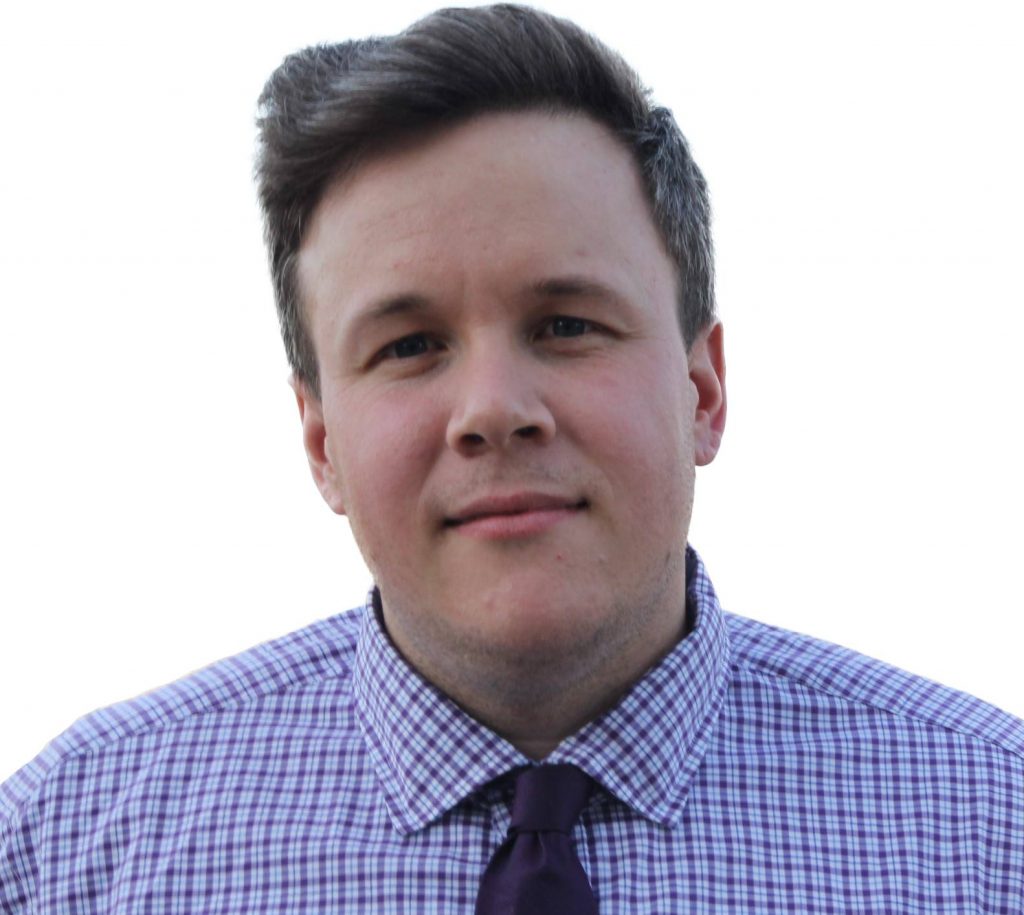I am an Assistant Professor of Anthropology at Wake Forest University. Broadly, my research focuses on science and technology studies, microbes and viruses, queer politics and theory, and queer youth sexuality. I have two current projects: one focuses on the knowledge production of scientists and bioartists (artists that use biological materials) working on/with ice and microbes in the Arctic; and the other interrogates contemporary sex panics, security, popular culture, and queer youth sexuality in the United States. The latter project is the subject of my forthcoming book with SUNY Press, Unscripting the Present: The Security Panic of Queer Youth Sexuality.
Arctic ice is melting much quicker than previously predicted, threatening millions. In addition to sea-level rise, climate change promotes the reemergence of ancient viruses and the spread of novel or mutated viruses through new and existing zoonotic vectors. This anthropocentric framing of biosecurity posits microbes as threatening to humans. However, some researchers as well as artists view the discovery of viruses trapped in ice as potential breakthroughs rather than biosecurity concerns Both biological scientists and bioartists are conducting fieldwork and collecting microbial materials in the Arctic and, at times, working together. Their interactions may stimulate discovery and inform a wide public reconceptualization of human capacity.
I suggest that by comparing scientists and bioartists’ fieldwork as a form of knowledge production, we can move away from an anthropocentric biosecurity understanding of microbes and toward productive relations to allay and even reverse climate change. My research project asks: What insights will emerge from the interactions of biological scientists and bioartists? How might their fieldwork practices yield comparable or disparate interpretations of the relationships among humans, microbes, and ice? How might they transform public understanding of climate change? By comparing fieldwork and knowledge-production processes, this project shifts attention away from observing microbes to working with microbes. I contend that their different fieldwork practices—for scientists, observation, measurement, experiments, and data collection; for bioartists, collecting biological materials and documenting environments and materials—will challenge the primacy of anthropocentric framings of climate change found in biosecurity ideologies and practices.
In my book, Unscripting the Present, I demonstrate how contemporary sex panics in the United States are infused with security logics and practices. This results in a future-oriented temporality that works to erase the present experiences of queer youth. How are we to understand the construction of queer youth and their sexualities amidst this “security panic” that labors to anticipate and preempt future uncertainty in the here and now? How do representations of queer youth (sexuality) lay bare the deficiencies of security, the fear of sex panics, and thus challenge security panics in the 21st century?
This book at first argues that contemporary sex panics are best understood as security panics, a discourse and set of practices focused on future uncertainty in need of preemptive action now. Secondly, I contend that this future-oriented temporality of pre-emption ignores the ways queer youth move laterally through the present. This means that rather than adhering to a logic of “growing up,” an adult-oriented security ideology, queer youth are making sideways movements that craft their sexualities through meaningful social relations. I analyze these lateral movements through popular culture narratives of queer youth.
Latest Posts
- Dr. Gitzen – Viral Imperialism: Outbreaks in South Korean FilmThis article traces the influence of colonialism in South Korean viral outbreak films. It specifically interrogates the pathways viruses travel – from Global South to the Global North – how such travel happens along the colonial routes, and how such travel lays bare postcolonial conflicts between South Korea and, namely US empire.
- Behind the Book: Q&A with Dr. Timothy Gitzen
- Drs. Clark, Friederic, Gitzen, and Gurstelle Awarded FellowshipsSherri Lawson Clark, Lam Family Endowed Faculty Fellowship in Anthropology Karin Friederic, McCulloch Family Faculty Fellowship Tim Gitzen, Zachary T. Smith Faculty Fellowship Andrew Gurstelle, Shively Family Faculty Fellowship
- Dr. Gitzen Publishes Peer-reviewed Article in Museum AnthropologyLocated mere feet from the busy Yeouido Bus Transfer Center, the Seoul Museum of Art (SeMA) Bunker is a former military bunker from 1970s authoritarian South Korea that now showcases changing art exhibits. Debuting in November 2019, Paju (by artist Kim Sung Rea) features a series of paintings and statues capturing life in the town of Paju […]
Sexuality and gender; Security and surveillance; Queer theory; Science and technology studies; Viruses; Youth; Social justice; Activism; Popular culture; South Korea; United States
n.d. “A City in a Bunker in a City: Demilitarizing Art in South Korea.” Museum Anthropology. (accepted)
n.d. “Viral Entanglements: Biosecurity, Sexuality, and HIV/AIDS in South Korea.” Current Anthropology. (accepted)
2022. “‘Minute by Minute’: The Radical Presentism of Queer Youth Sexuality.” Sexuality & Culture. https://doi.org/10.1007/s12119-022-09969-3
2021. “Pandemic Surveillance and Homophobia in South Korea.” Co-Author, Wonkeun Chun. Items: Insights from the Social Sciences, Social Science Research Council. September 24. Link to article
2021. “The Queer Way in South Korea.” East Asia Forum Quarterly 13(4): 24-25. (invited commentary) Link to article
2021. “The Limits of Family: Military Law and Sex Panics in Contemporary South Korea.” positions: asia critique 29(3): 607-632.
2021. “Narratives of the Homoerotic Soldier: The Fleshiness of the South Korean Military.” Cultural Studies. https://doi.org/10.1080/09502386.2021.1919166
2020. “Tracing homophobia in South Korea’s coronavirus surveillance program.” The Conversation. June 18. Link to article
2020. “Banal Security.” Anthropology News website. June 17. Link to article
2020. “Viral Living.” Social Anthropology/Anthropologie Sociale. Link to article
2018. “Sex/Gender Insecurities: Trans Bodies and the South Korean Military.” Co-Author, Horim Yi. TSQ: Transgender Studies Quarterly 5(3): 376-391. Link to article
2014. “Bad Mothers and ‘Abominable Lovers’: Goodness and Gayness in Korea.” In Mothering in East Asian Communities: Politics and Practices. Patti Duncan and Gina Wong, eds. Bradford, Ontario: 145-157. Link to article
2013. “Affective Resistance: Objects of Korean Popular Music.” International Journal of Asia-Pacific Studies 9(1): 5-36. Link to article
Teaching
- ANT 111 – People and Cultures of the World

